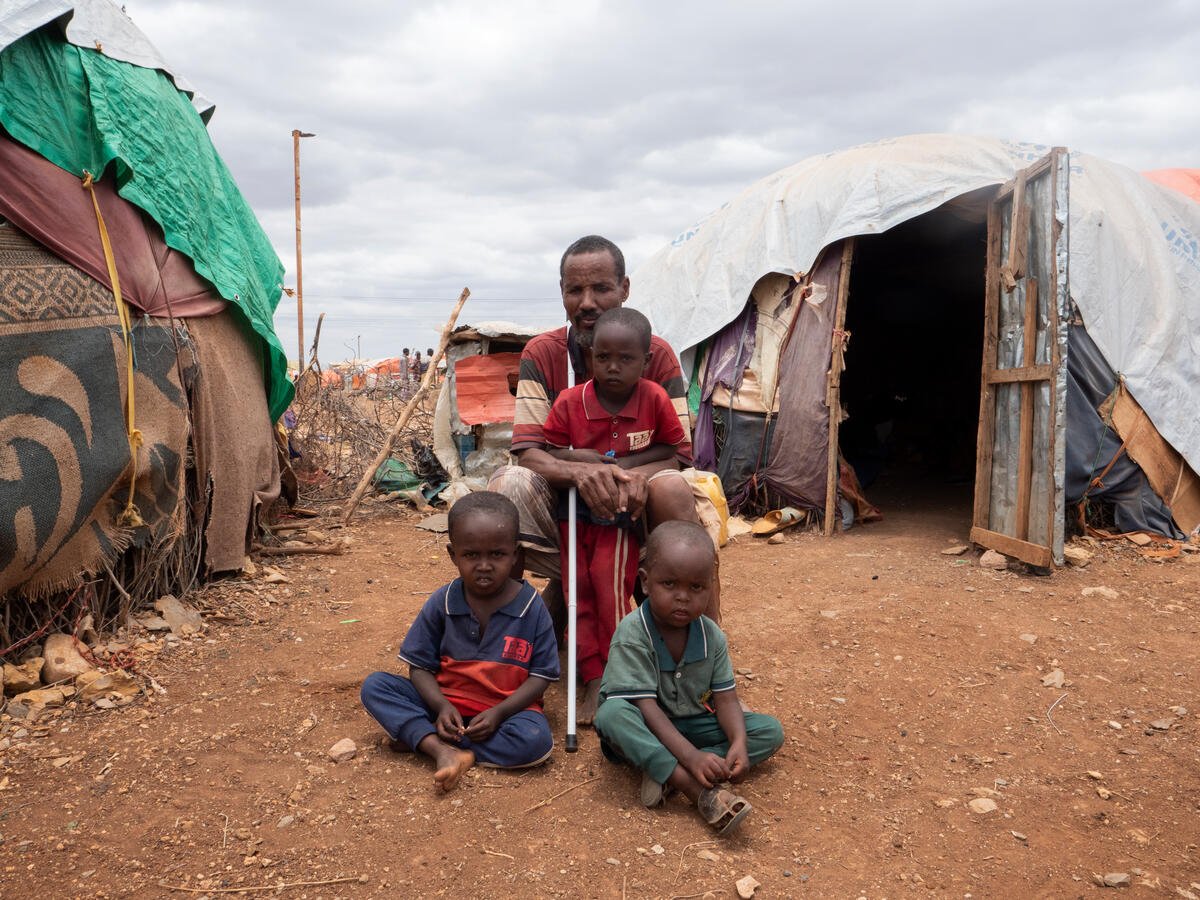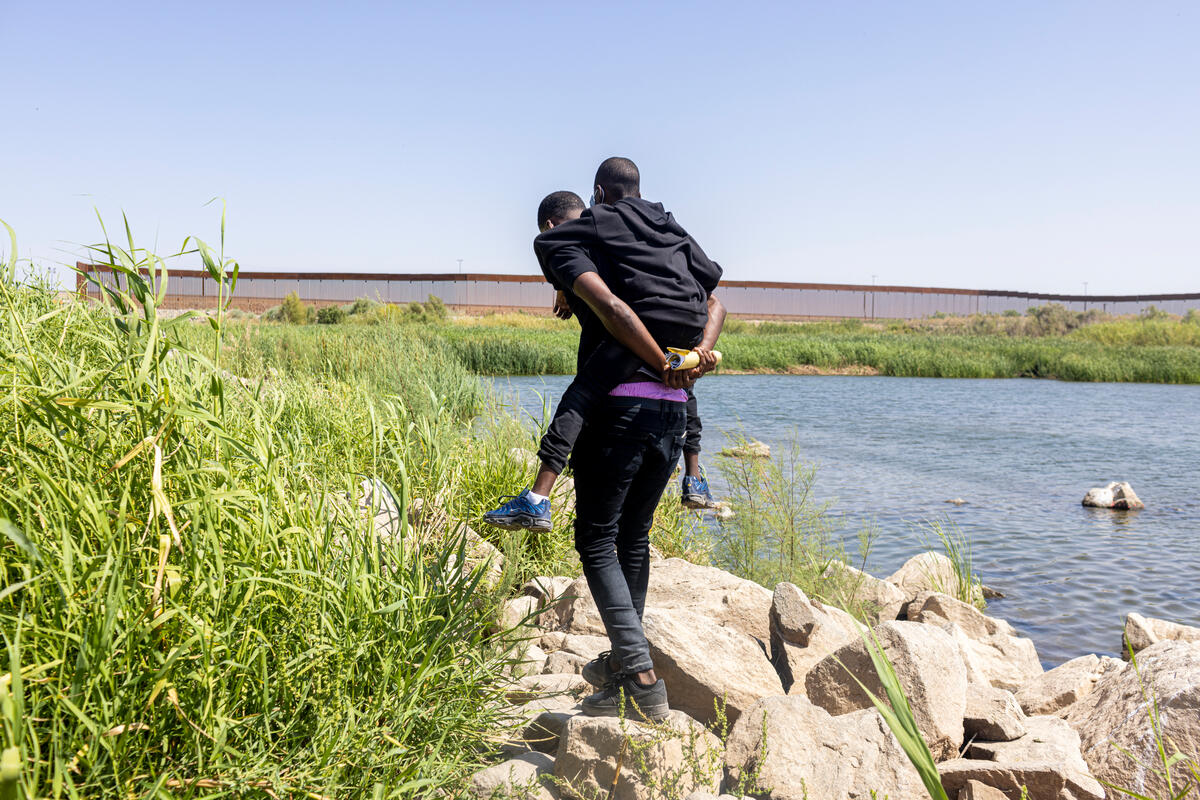UNHCR and ILO sign memo on helping refugees to find work
UNHCR and ILO sign memo on helping refugees to find work

GENEVA (UNHCR) – Amid rising forced displacement from conflict and persecution and a crisis in humanitarian funding, UNHCR, the UN Refugee Agency, and the International Labour Organization today agreed a new understanding aimed at promoting employment possibilities for refugees, IDPs, stateless persons and others of concern to UNHCR.
As of end 2015 there were 21.3 million refugees worldwide, many of them either without work and consequently unable to contribute economically, or else barred from jobs in the formal sector and left scraping a living doing low-paid, menial and sometimes dangerous work.
The new UNHCR-ILO Memorandum of Understanding focuses on developing better guidance to support Governments to find safe and decent work for refugees and people displaced inside their own countries. It also sets out steps aimed at ensuring the inclusion of refugees in labour markets and development initiatives.
“Allowing refugees to work helps them fend for themselves, restores confidence, and rebuilds their lives." – UNHCR
“Allowing refugees to work helps them fend for themselves, restores confidence, and rebuilds their lives, but just as importantly it allows them to contribute economically to the communities they are part of,” said Volker Türk, UNHCR’s Assistant High Commissioner for Protection.
“The current high levels of forced displacement cannot be dealt with by stopgap measures. This MoU will enable our two agencies to join forces and promote comprehensive durable solutions enabling refugees and other forcibly displaced persons to obtain decent work, while protecting their rights and supporting the countries and communities hosting refugees,” said Deborah Greenfield, Director-General for Policy at ILO.
UNHCR and ILO previously signed an MoU in 1983. Today’s updated agreement builds on that and opens the way for increased cooperation.
It comes at a time when forcibly displaced people are facing similar challenges and risks the world over. Various legal, administrative, and social obstacles stand between them and work. If they do manage to find work, it is frequently in the informal sector, where they are often paid next to nothing, harassed, or forced by fear to work under dangerous conditions.
“The current high levels of forced displacement cannot be dealt with by stopgap measures." – ILO
In spite of increasing media reports of xenophobia around the world, several countries have begun to realize the potential for refugees and internally displaced people to contribute to their communities and to the economies of the places that host them.
In late March, Canada’s Immigration Minister pledged to work closely with the country’s private sector to improve the economic integration of refugees through technical training or apprenticeship opportunities.
The following month, Turkey extended the right to work to all refugees. Jordan, meanwhile, has taken a series of steps to improve access to work for Syrian refugees, including through a temporary waiver of work permit fees – a step that immediately impacted the lives of refugees like 22-year-old Khaled.
The sole wage earner for his family of eight, Khaled immediately applied for, and was granted, a work permit valid for one year. Supported by his employer, it allowed him to step out of the shadows and work above board.
“It feels great,” he said. “Now I can go anywhere and work in comfort without the fear of being stopped. I feel like my efforts are worth something.”
UNHCR applauds these efforts and is working with partners around the world to build on them.









